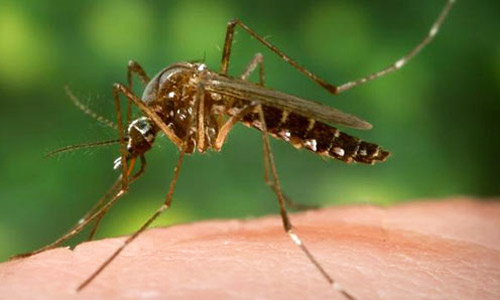

In a recently published study in the journal One Health, Dr. Sheena Francis (Natural Products Institute, FST) brings together researchers from eight UWI-Mona entities spread across two Faculties (Science and Technology and Medical Sciences) and the Universidad de Carabobo, Maracay, Venezuela to examine the challenge of insect transmitted neglected tropical diseases (NTDs) in the English Caribbean. Insect-transmitted NTDs, including but not limited to malaria, dengue and lymphatic filariasis, negatively affect multiple income-generating sectors, including the tourism industry upon which island states like the Caribbean are highly dependent. The study highlights mosquitoes as the main insect-vector of human importance within the Caribbean region and notes that although continuous control is financially demanding, an integrated and multi-sectoral approach might help to deflect the cost. It also suggests the use of novel tools to be incorporated in insect-vector control programmes.

Adeis aegypti mosquito (Photo credit: University of Florida)
Participating UWI entities were: Natural Products Institute (NPI), Mona Geoinformatics Institute (MGI), Department of Life Sciences, Department of Physics, Department of Basic Medical Sciences, Caribbean Institute for Health Research (CAIHR), International Centre for Environmental and Nuclear Sciences (ICENS), Mosquito Control Research Unit.
To read the study and to see the full list of collaborating researchers: Francis S, Frank C, Buchanan L, Green S, Stennett Brown R, Gordon Strachan G, Rubio Palis Y, Grant C, Lindo R, Nwokocha C, Robinson D, Delgoda R. “Challenges in the control of neglected insect vector diseases of human importance in the Anglo-Caribbean. One Health Journal https://doi.org/10.1016/j.onehlt.2021.100316
Published on 15 Sep, 2021